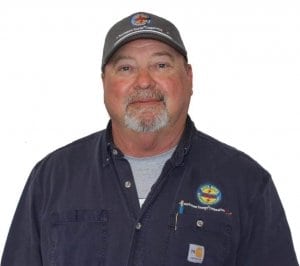Thousands of children are injured and hundreds are killed every year by hazards found on the farm. Some of these children are working on the farm while others wander into trouble on their own or are invited into hazardous areas. Implement injury prevention strategies today to protect agriculture’s greatest resource, our children.
- Do not allow children to roam freely on the farm. Design a fenced “safe play area.” This area should be near the house and away from work activities.
- Inspect your farm on a regular basis for hazards that can injure children wandering on your farm. Correct obvious hazards immediately.
- Children who are physically able to be involved in farm work should be assigned age-appropriate tasks and continually trained to perform them. They should also be constantly supervised.
- Equip all barns, farm shops, chemical storage areas, livestock pens, etc. with latches that can be locked or secured so that children cannot enter.
- Always turn equipment off, lower hydraulics and remove the key before leaving equipment unattended.
- Do not expose children to hazards. Never carry them on tractors and equipment or invite them into the farm shop, livestock barns, grain bins, etc.
Inspection
- Is there a designated “safe play area?”
- Are equipment guards in place?
- Are hazardous work areas locked?
- Are farm ponds and pits fenced?
Information supplied by the National Safety Council’s Agricultural Division, the National Education Center for Agricultural Safety (NECAS) – www.necasag.org or 888-844-6322.



